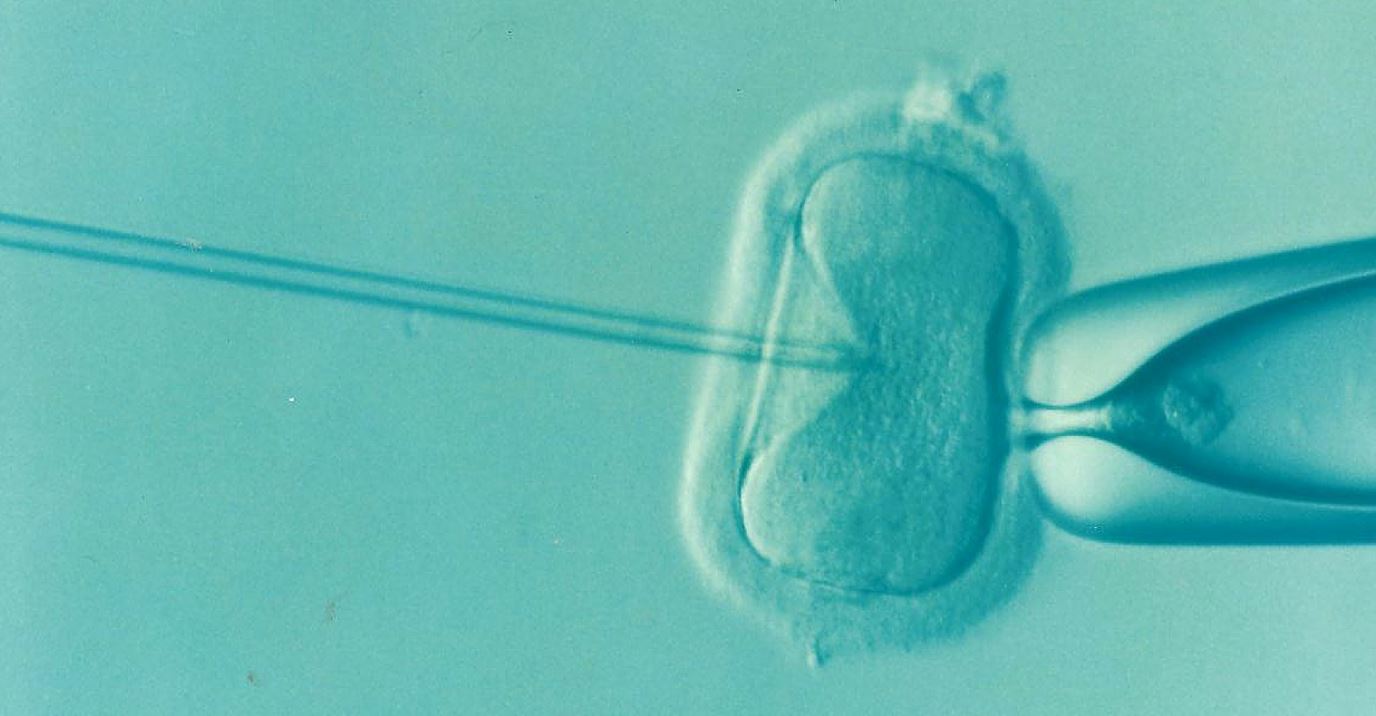QUEEN’S PART OF CONSORTIUM AWARDED €6.1M TO ADDRESS FERTILITY ISSUES 
16 January 2019
Queen’s, in collaboration with 11 other global partner universities and institutions, has been awarded €6.1m to develop a test to identify harmful chemicals that affect female fertility.
The grant is part of a wider research project funded by the European Research and Innovation programme Horizon 2020, to develop highly needed test methods to identify harmful chemicals, known as endocrine disruptors. The tests will be used to address a range of health issues affecting humans, animals and the environment.
Endocrine disruptors are chemicals that can interfere with hormones and are found in everyday products such as plastics, air fresheners and cosmetics. Without dedicated tests to assess endocrine disruptor properties, it is difficult to gauge the damage these chemicals can have.
Better test methods will help protect the health of humans and the environment. In humans, endocrine disruptors can affect fertility and brain development. Animals can be affected by endocrine disruptors in the environment. For example, male fish are increasingly carrying female eggs caused by the release of endocrine disruptors released by waste water treatment plants.
Together with 12 partner universities and institutions from the UK, France, USA, Estonia and Scandinavia who are involved in the FREIA project, researchers at Queen’s and Vrije Universiteit in the Netherlands have been awarded €6.1m to develop a test to assess how endocrine disruptors can affect a women’s fertility.
Dr Lisa Connolly from the School of Biological Sciences and Institute for Global Food Security at Queen’s, who is co-author on the study, explained: “There is surprisingly limited knowledge on this issue. We will investigate how exposure to endocrine disruptors during different hormone-sensitive phases in a woman’s life such as the foetal, puberty, and adult stages, can ultimately affect her fertility.”
The main aim of the project is to develop tests for humans to identify the chemicals that can cause damage to the female reproductive system.
Dr Connolly added: “We are delighted to be part of this research project which brings together experts across a number of countries. It is only through developing a test to better understand how these chemicals affect fertility that we will then be in a position to offer solutions.”
The 12 partner universities and institutions involved in the FREIA project are: Queen’s University Belfast, UK; Vrije Universiteit, Netherlands; Stichting Vu, Netherlands; Universiteit Utrecht, Netherlands; The University of Aberdeen, UK; Danmarks Tekniske Universitet, Denmark; Karolinska Institutet, Sweden; Universite De Liege, Belgium; Institut National De La Sante Et De La Recherche Medicale, France; Tervisetehnoloogiate Arenduskeskus As, Estonia; Uppsala Universitet, Sweden; and Tufts College, USA.
Enquiries to Communications Office, Queen’s University Belfast, telephone: +44 (0)28 9097 3091.
Back to Main News
Top of Page